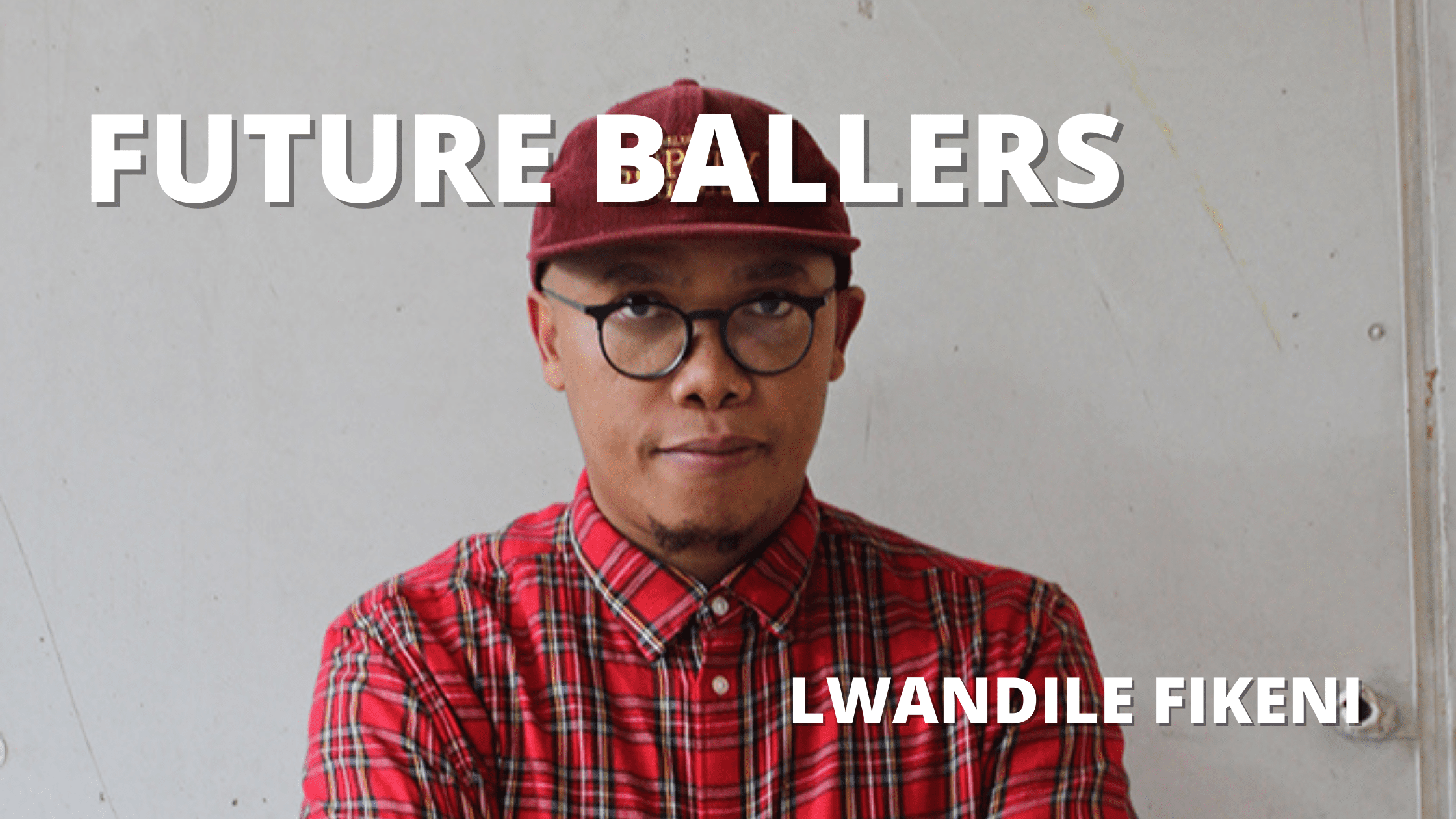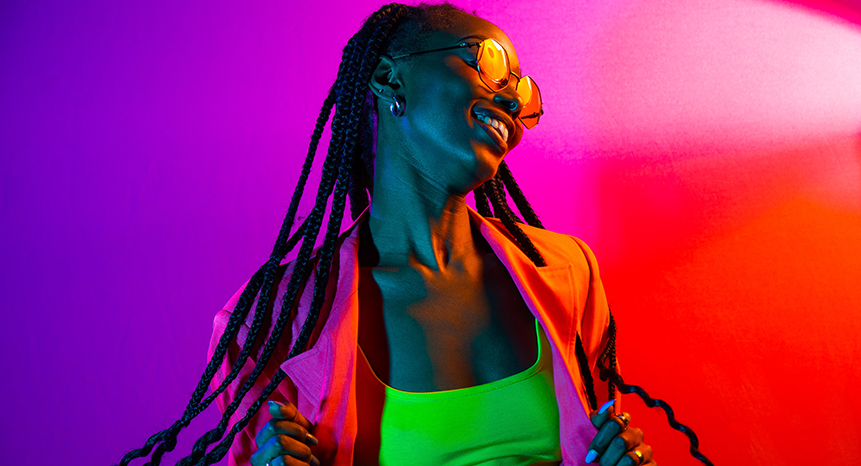This interview forms part of our Future Ballers series; a monthly news source for creatives and professionals under 30, exclusively brought to you by the Association for Communications and Advertising (ACA). Future Ballers aims to keep you informed about the who, what, when, and how of the industry and continue to attract brilliant young minds and talent, from all walks of life to the agency world.
This month MullenLowe‘s Creative Director – Lwandile Fikeni, chats to Chuma Mancotywa & Kayleigh Packwood about all things creative. Here’s what he had to say:

Kayleigh : As a young person starting out in the creative industry, I am interested in the process it took for you to end up in the position of creative director. What was your growth journey like?
To be quite honest, I never intended or wished to be a creative director. What I’ve always liked to do is to create things that I love and that others might enjoy. From early on I made sure to try to work for and with people whose work inspired me. In doing that I ended up learning a lot about my own work and how to improve it.
Kayleigh : What are you biggest challenges in being a creative?
Coming up with something fresh, yet enduring.
Chuma : What do you think a fresh creative needs to stay relevant in the industry?
For me, creative output is what keeps one relevant. We live in an age of personal brands and influence but for a good creative, like a good writer or artist, the work must speak for itself. To create this work one needs to put in the hours of research, studying, and trying things out. This is what relevance means to me – this remaining curious and open to ideas by immersing oneself fully in ones work.
Chuma : Did you have a mentor in your earlier days as a creative?
I never had a mentor per se, but I studied the work of the older generation of creatives who came before me and made sure to always put my hand up for late nights and more work. Even in my choice of agency, I’d go for the places that had the kind of creative talent I looked up to and not just a fancy name on the door.
Chuma : Do you have any industry creative you look up to currently?
There are too many to list, both young and old and across demographics.
Kayleigh : What do you love most about being in this industry?
I love following the work of young creatives and seeing what they do and how that improves everyone’s creative output.
Chuma : What do you define as a good creative idea?
In this age of hyper-information, the ideas that I find most attractive are the ones where the idea is expressed simply and powerfully.


Chuma : Let’s say you believe in an idea but your superiors don’t get it, how would you approach the situation to convince them?
What I’ve learned is that if one simplifies one’s idea, it usually gets a green light. When the idea comes from a place of, say, a little understood cultural phenomenon, it is useful to gather the research that supports the idea, instead of using only anecdotes.
Kayleigh : Where does your inspiration and creativity come from?
I’m inspired by everyday people and their lives. I believe you’re more likely to stumble upon something interesting talking to a taxi driver or the person making you coffee, than with your posh friends.
Chuma : Do you think the level of creative has decreased over the years compared to your freshman class, if yes why?
I can’t say the level of creative has decreased over the years but I do think we tend to rely too much on social media for creative output, which often leads to the work being too similar or uniform. Understandably, it is easier to conform than to stand out. However, I think the more people think for themselves, the more they take into account the richness of local truths and insights, we’re going to see some really cool work going forward.
Chuma : What makes a creative stand out from the rest of the pack?
This is a difficult one. There are many factors that make a creative stand out, but for me it’s always going to be the work.
Kayleigh : Lastly what advice could you give a young creative starting out?
Work hard and keep experimenting with different modes of expressing an idea.




